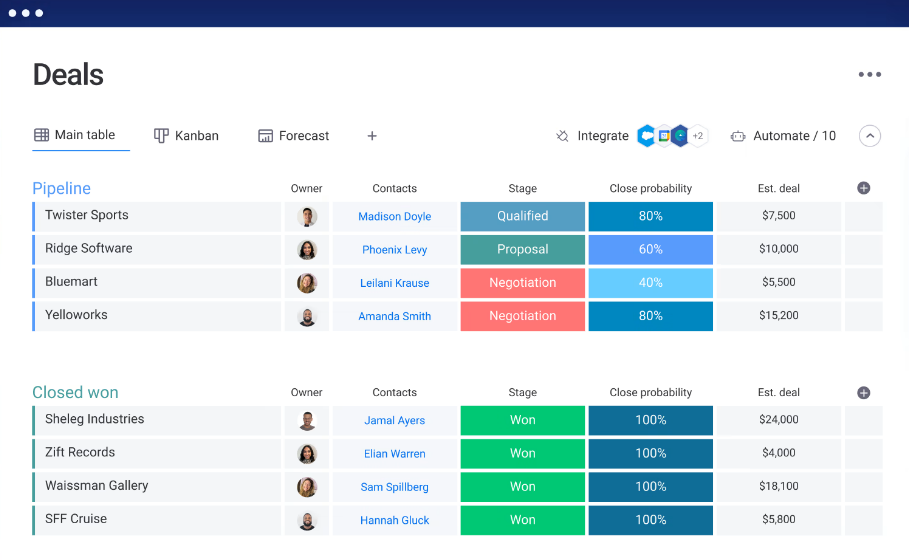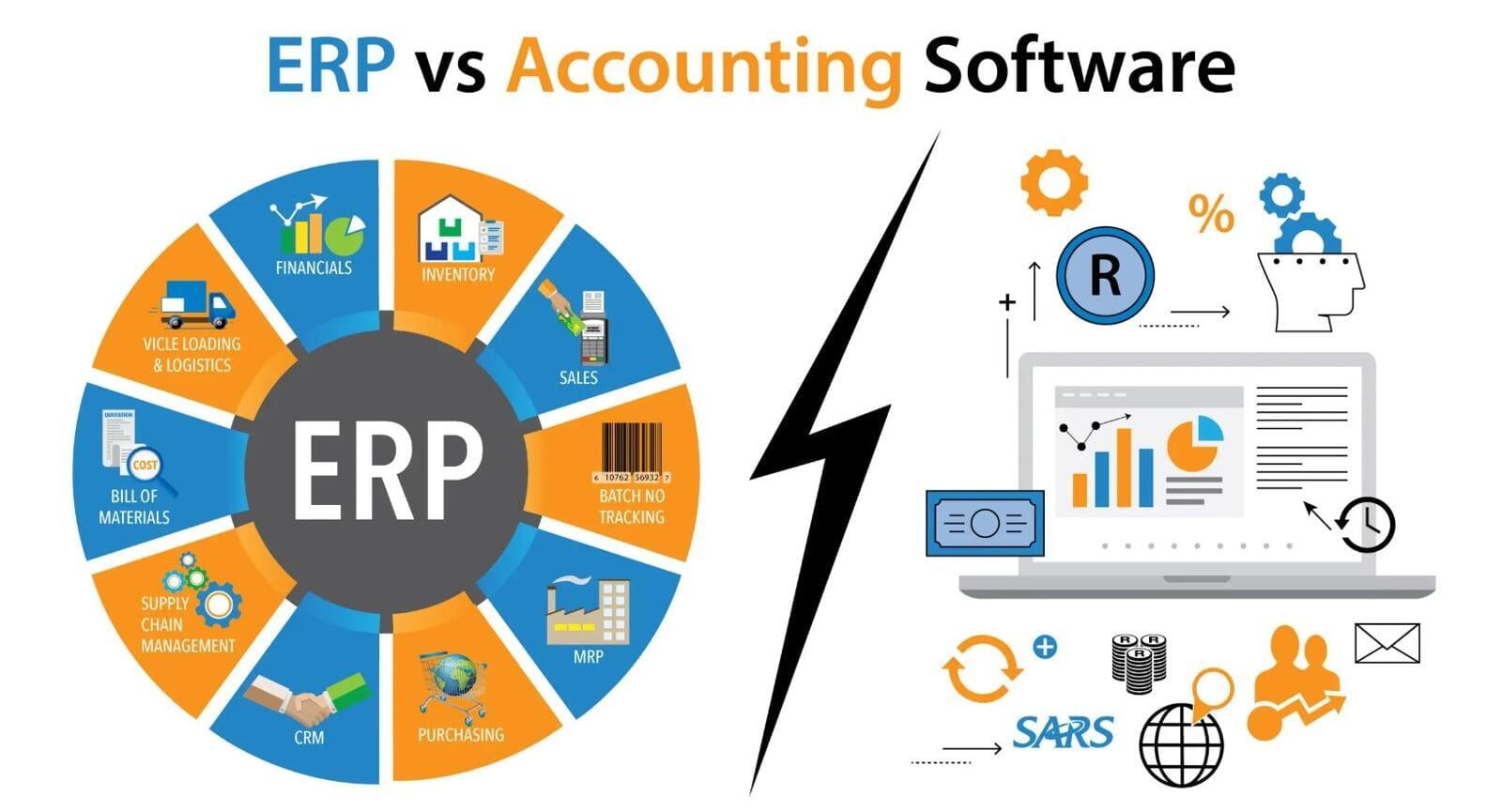With best crm and accounting software at the forefront, this paragraph opens a window to an amazing start and intrigue, inviting readers to embark on a storytelling filled with unexpected twists and insights.
In today’s rapidly evolving business landscape, the integration of CRM and accounting software plays a crucial role in optimizing efficiency and driving growth. Let’s delve into the key features and benefits of these essential tools.
Overview of CRM and Accounting Software
Customer Relationship Management (CRM) software is designed to help businesses manage interactions with current and potential customers. On the other hand, accounting software is used for recording financial transactions and managing a company’s financial operations.
Purpose of CRM Software, Best crm and accounting software
CRM software aims to improve customer relationships, enhance customer retention, and drive sales growth by providing valuable insights into customer behavior and preferences.
Main Functions of Accounting Software
Accounting software assists in managing financial tasks such as invoicing, payroll, budgeting, and financial reporting. It helps businesses maintain accurate financial records and comply with tax regulations.
Differentiation between CRM and Accounting Software
While CRM software focuses on customer interactions and sales processes, accounting software is primarily used for financial management and reporting within a company.
Features to Look for in CRM Software

When selecting CRM software, consider essential features such as contact management, sales pipeline tracking, reporting tools, and integration capabilities with other business tools.
Customization Options for Businesses

Customization options in CRM software allow businesses to tailor the system to meet their specific needs, workflows, and data requirements, enhancing efficiency and productivity.
Importance of Integration Capabilities
Integration capabilities enable seamless data sharing between CRM software and other tools like email marketing platforms, customer support systems, and e-commerce platforms, facilitating a holistic view of customer interactions.
Features to Look for in Accounting Software
Key features to look for in accounting software include invoicing, expense tracking, bank reconciliation, financial reporting, and inventory management to streamline financial processes.
Significance of Automation in Accounting Processes
Automation in accounting software helps reduce manual data entry, minimize errors, improve efficiency, and provide real-time insights into financial performance, enabling informed decision-making.
Importance of Security Measures
Security measures in accounting software like data encryption, user access controls, and regular data backups ensure the confidentiality, integrity, and availability of financial information, protecting sensitive data from cyber threats.
Top CRM Software Options
Popular CRM software options like Salesforce, HubSpot, and Zoho offer unique features such as lead management, marketing automation, customer service tools, and analytics to help businesses streamline sales and marketing operations.
Pricing Plans and Scalability
Each CRM software provider offers various pricing plans based on features and user requirements, along with scalability options to accommodate business growth and evolving needs.
Top Accounting Software Options
Leading accounting software solutions like QuickBooks, Xero, and FreshBooks offer comprehensive financial management features, user-friendly interfaces, and robust customer support to assist businesses in managing their finances effectively.
User-Friendliness and Customer Support
User-friendly interfaces and responsive customer support services provided by accounting software vendors help businesses adopt and utilize accounting tools efficiently, ensuring smooth financial operations.
Integration of CRM and Accounting Software
Integrating CRM and accounting software allows businesses to synchronize customer data, sales transactions, and financial records, providing a comprehensive view of customer interactions and financial performance for better decision-making.
Benefits of Integration
Seamless integration streamlines business processes, enhances data accuracy, eliminates duplicate data entry, and improves collaboration between sales, marketing, and finance teams, leading to increased productivity and profitability.
Challenges in Integration
Businesses may face challenges such as data migration issues, compatibility concerns between systems, and training requirements for employees when integrating CRM and accounting software, necessitating thorough planning and implementation strategies.
Ending Remarks

As businesses strive to enhance productivity and stay competitive, leveraging the best CRM and accounting software is paramount. By seamlessly integrating these tools, organizations can streamline processes, improve decision-making, and ultimately achieve greater success.
Essential FAQs: Best Crm And Accounting Software
How can CRM software benefit businesses?
CRM software helps businesses build and maintain customer relationships, streamline communication, and improve sales and marketing efforts.
What are the key security measures in accounting software?
Key security measures in accounting software include data encryption, user permissions, regular data backups, and secure login protocols.
Which accounting software offers the best customer support?
QuickBooks and FreshBooks are known for providing excellent customer support with various support channels and resources for users.
